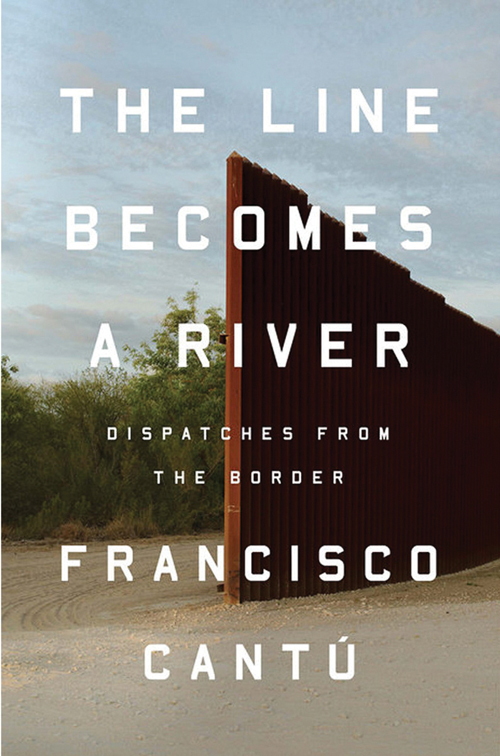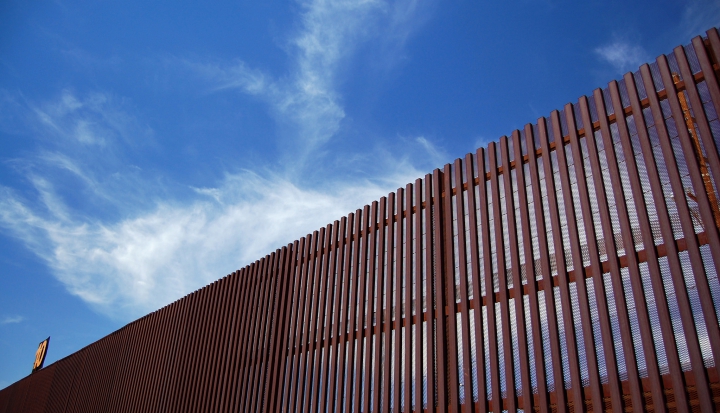The Line Becomes a River: Dispatches from the Border
by Francisco Cantú (Riverhead Books, 2018)
It’s become almost cliché in books and films that the setting is one of the characters. But in The Line Becomes a River, the U.S.-Mexican border truly comes alive in this nonfiction account of author Francisco Cantú’s time working there. Tired of just reading about the border, Cantú, the grandson of an immigrant from Mexico, joins the border patrol in 2008 to gain perspective on what life there is really like.
The book tells story after story of Cantú’s day-to-day interactions with people making the crossing, with his fellow agents, and with the terrain itself. At times it feels as if you are reading a novel, as lyrical writing depicts the haunting journeys and palpable desperation of those risking their lives to cross. Cantú contextualizes these personal accounts by including the history of the border’s boundary, the Mexican Revolution, and present-day violence and drug trade in Mexico.
 The work wears on Cantú’s psyche, and he eventually leaves the patrol. While studying for his master’s degree, he befriends an undocumented man named José, who is detained crossing back into the United States after going to Mexico to visit his dying mother.
The work wears on Cantú’s psyche, and he eventually leaves the patrol. While studying for his master’s degree, he befriends an undocumented man named José, who is detained crossing back into the United States after going to Mexico to visit his dying mother.
Cantú’s journey to reunite José with his family humanizes border crossings in an even deeper way, showing how our policies have real effects on real people. One gut-wrenching part of the book prints the letters José’s family, friends, and church community write to help plead his case to return, all extolling him as a model father and citizen—except, of course, José is not a documented citizen. For all talk of building walls and keeping out dangerous criminals, this book is an important resource for anyone seeking to understand the people affected by the border—and the place itself.
This article also appears in the July 2018 issue of U.S. Catholic (Vol. 83, No. 7, page 41).
Image: Flickr cc via Omar Bárcena














Add comment